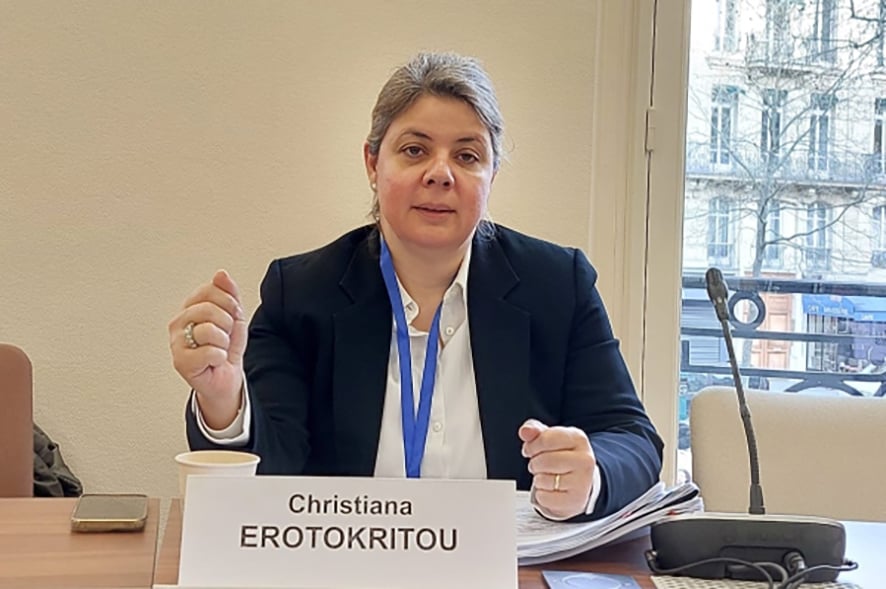Legislation to bring to an end the practice of paying multiple pensions to government officials is to be brought before a plenary session of parliament “in the next few weeks”, House finance committee chairwoman and Diko MP Christiana Erotokritou said on Sunday.
At present, high-level government positions come equipped with their own lifetime guaranteed pensions, which are paid monthly to people who have held such posts once they reach the age of 60.
Erotokritou confirmed that the committee will continue discussions on the matter on Monday, and added, “you must understand that we are coming to the end”.
“The legislative proposals which were submitted to the committee several months ago have already been discussed in detail, and the government’s bill began being discussed last week, so I think we will be nearing the end,” she said.
She added, “we are hoping to go to the plenary session in the next few weeks and from that point onwards, each party will make its own decision on how to position itself”.
She described the issue of multiple pensions as “unprecedented”, and saying the practice of allowing high-ranking government officials to claim multiple pensions or a salary and a pension at the same time is “what is most disturbing to the public”.
On the legislation itself, she said the bill the government has put forward “concerns more future officials rather than existing ones”, but said, “to be fair, we have the problems which may arise from the constitutional approach to the issue”.
“All legislation, whether it is the government’s bill or other proposed laws, must be consistent with the decisions made by the Supreme Court,” she added.
The court had found in 2023 that laws cannot be enacted to deprive officials of “expected” pension payments.
Asked whether she believes the matter will be brought to a close, Erotokritou said it will “inevitably be brought to a close because there are proposals pending before the committee”.
The government’s bill foresees that future retiring high-ranking government officials will be paid a one-time lump sum payment instead of a new pension, but Erotokritou was less than convinced by the idea at a committee meeting last month.
She said the plan would create “new categories of privileged officials” who have received multiple lump sum payouts, while Disy MP Onoufrios Koulla described it as “provocative”.
Earlier, critics of the government had described the payment as a “gratuity, but a source from the finance ministry told the Cyprus Mail that while an equivalent payment would be made, “it would be wrong to call it a gratuity”.
“This is not a gratuity, and it is not a ‘tip’. It is a lump sum one-time payment which will be paid instead of the multiple pensions currently being paid to government officials,” the source said.
The current situation, as the source explained, “leads to some people, who have maybe been in parliament, or been House President, or been a minister, and had a high-level civil service role, or been President of the Republic, picking up four, or five, or even six pensions.”
The government also aims to raise state officials’ pension age from 60 to 65 years old.
In September last year, parties and deputies tabled no fewer than 11 different bills at the House finance committee on the matter.
Erotokritou at the time favoured her party leader Nicholas Papadopoulos’ plan, which would entail a suspension of the payment of pensions during an individual’s term in office.
This, she said, would allow the full payable amount to be paid to former state officials, but would ensure that they do not receive both a state salary and a state pension at the same time.
Disy MP Averof Neophytou said the bill the government had sent to the committee, which would raise the pension age of state officials, should be “disconnected” from the debate, as it cannot be challenged on constitutional grounds.
Meanwhile, Akel MP Irene Charalambides said she recommends that state officials’ pensions be paid through the accountant-general’s office and that there be a special high tax levied on pensions which exceed €70,000 per year.






Click here to change your cookie preferences